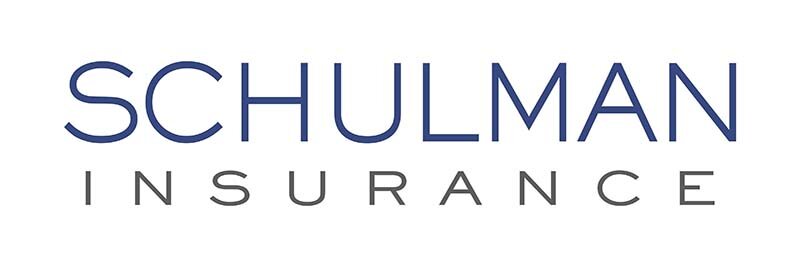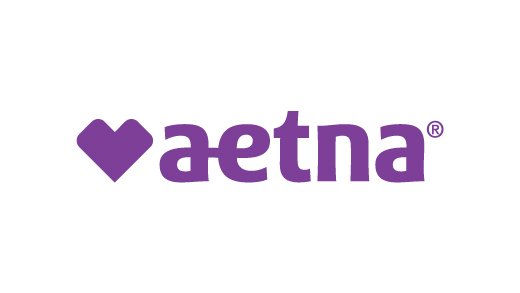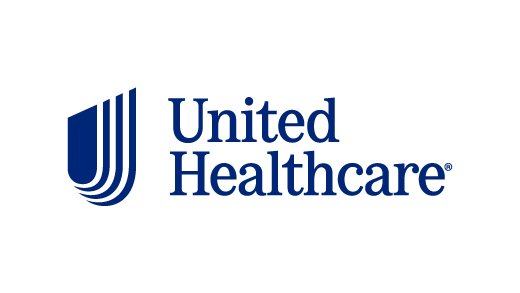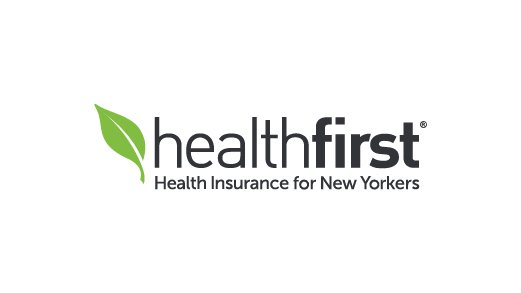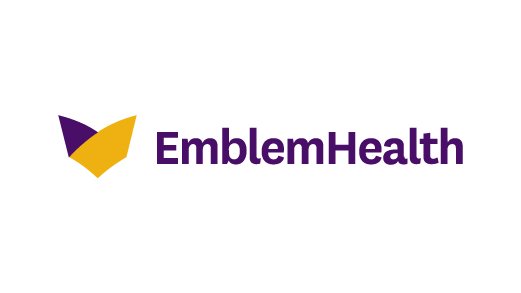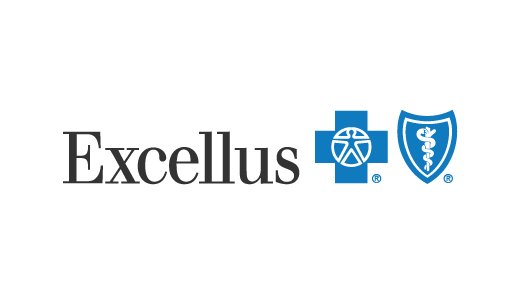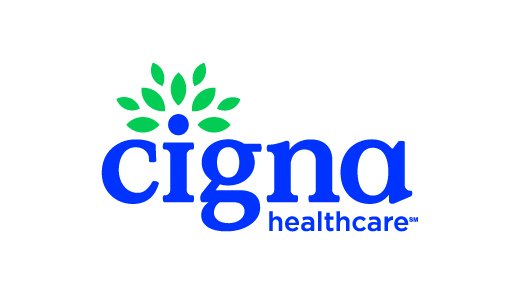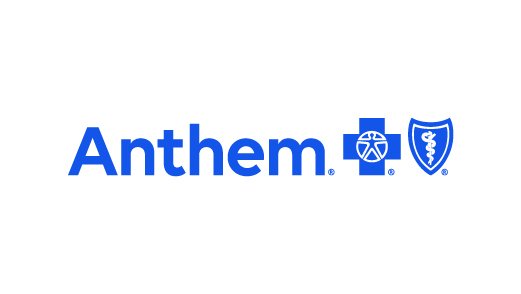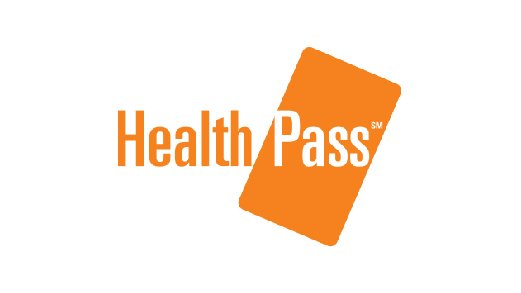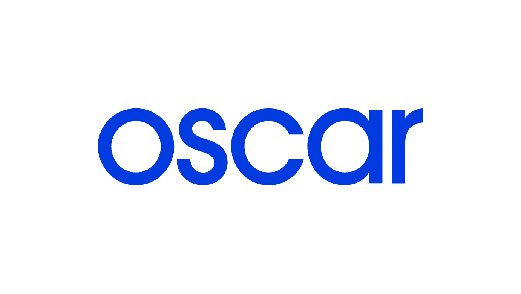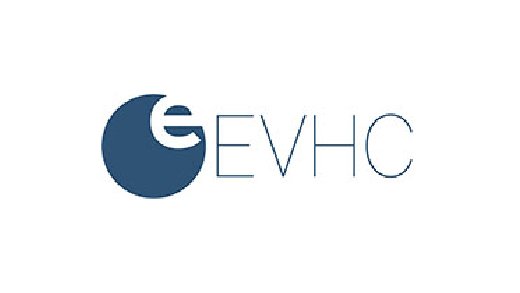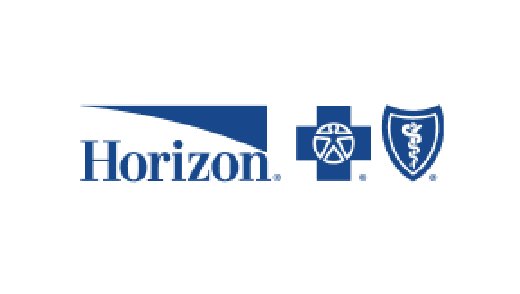The brokers at Schulman Insurance specialize in group medical insurance for businesses of all sizes. With nearly two decades of experience across the small and large group markets, our brokers have a wealth of knowledge, and the expertise to implement customized, cost-effective insurance solutions. The insurance landscape can be difficult to navigate; allow Schulman Insurance to be a partner in your company’s implementation of group medical health insurance.
Small Group Health Insurance
Small businesses, often those that are under 50 employees, are able to offer their employees health insurance through the small group market. The small group market is rated based on location or age, rather than by plan utilization and claim history. The cost of small group health insurance is the same across all individuals in a certain zip code and/or a certain age group, depending on the state.
Companies that have under 50 employees are not required to offer their employees health insurance coverage, and if they do, there is no limit to the cost that employees are required to pay for this coverage. However, larger companies are required to offer insurance that is considered “affordable,” or else they will face large monetary penalties.
Despite not being required to offer benefits, small business owners are able to claim the cost of health insurance on their taxes, which is an advantage. Offering employees insurance also leads to better employee retention, job satisfaction, and candidate applicant pools, since employees feel their employer is concerned about their health and well being.
There is a large variety of different benefit plan designs for small group insurance. Each geographic area has certain insurance carriers that offer small group products for that location, and each of these carriers offer plans of varying cost and coverage levels. For example, New York small group premiums are based on the zip code of the employer. The health status, age, or gender of the employee enrolling in NY small group health plans do not factor into the cost.
The cost and coverage level is indicated by the metallic tier of the plan. Platinum plans offer the richest benefits at the highest premium cost. Then comes Gold, Silver, and Bronze. Bronze plans normally have high deductibles and out-of-pocket maximums. Often, these are the most affordable in terms of monthly premiums, but usage results in higher out-of-pocket costs to the insured.
There are multiple types of plans available based on carrier and geographic location. Employers can choose to offer one or more of these plan types, such as HMO, EPO, or PPO. HMO (Health Maintenance Organization) plans often have a more limited network of participating providers and may require the insured to designate a primary care physician in order to monitor their care and make sure they are referred to appropriate in-network specialists when needed.
PPO (Preferred Provider Organization) plans have a larger network of providers and include some reimbursement for the cost of out-of-network care, which is when an individual opts to see a doctor who does not take their insurance plan. EPO (Exclusive Provider Organization) plans are somewhere in the middle, offering in-network only care, but comprehensive networks of doctors, and the option to see any specialist in your network without a referral from your primary care provider.
Some small businesses may offer their employees a choice of one or more of these types of plans. Employees may then choose a plan option based on their individual needs or the needs of their family members.
Another benefit of small group health insurance is that these plans are governed by the rules of the Affordable Care Act (ACA). The ACA mandates that certain essential health benefits must be included in every health plan; otherwise, these plans are not considered to provide comprehensive and valuable coverage. Some of the included essential health benefits are preventive care, which allows individuals to get regular check-ups at no cost for the purpose of avoiding more costly medical care in the future.
Also included is care for maternity and newborn children, mental health and substance abuse treatment, prescription drug coverage, emergency care, and more. In addition, true emergency care is required to be treated as in-network even if rendered by a non-participating provider. One of the most notable provisions of the ACA was the removal of pre-existing condition limitations on medical coverage. Insurance carriers cannot deny medical coverage to someone based on whether or not they had previously sought treatment for this condition prior to being insured by their current insurance carrier.
Some small companies may find the administration of health insurance benefits to be burdensome due to limited time and personnel resources. These businesses may not even have a human resources team or individual who is knowledgeable about the various requirements. This is where having a skilled and hands-on broker like Schulman Insurance provides great value. Our team of experts can guide you on the many rules and regulations, and are familiar with all types of benefit products. When working with our dedicated insurance brokerage, most of the process of offering health insurance to employees, including implementation and ongoing service, can be handled by the Schulman team.
Large Group Health Insurance
Large group health insurance is designed for organizations with more than 50 employees (though in some states, a large group is defined as a company with over 100 employees). Large companies enjoy more flexibility in terms of plan design and pricing, and typically have more leeway to customize benefits based on the unique needs of their workforce. They are not subject to the same community rating rules that apply to small group plans.
For example, large groups utilize demographic data and experience rating with regard to premiums, rather than being based on geography. Experience rating determines the health status of the group by analyzing claims made by the employees, and can result in premiums that correspond to the perceived health risk of the company as a whole.
Large groups may also have more negotiating power with insurance carriers, allowing them to secure better rates and more favorable terms. Additionally, large companies often have more resources to implement wellness programs and initiatives that can help control healthcare costs over time, such as discounts at gyms and other workout facilities, access to smoking cessation programs, and weight loss programs.
Access to wellness programs often leads to improved productivity and employee retention, better employee health and morale, and lower health-related costs, making them attractive to employers and employees alike.
Insurance plans for large groups are usually more varied and diverse in their benefit options. Large companies are also able to tailor their benefits to fit the lifestyle and healthcare needs of their employees, and may offer multiple plan options, including different types of medical coverage with various levels of cost sharing. For example, a large company can determine their own deductibles and out-of-pocket maximum limits, as well as the copays and coinsurance on each of their plans.
How can large groups benefit from working with our team? You can rely on our expertise to design customized plans that are tailored to your specific employee population. Schulman Insurance has long standing relationships with all major insurance providers. Large group clients benefit from our ability to negotiate more favorable rates and terms, design creative funding options, and implement innovative cost strategies.
